India-Japan: opposites that attract
The reason for the two countries’ continued good relationship? They share strategic interests and universal values even if they have divergent ways of thinking
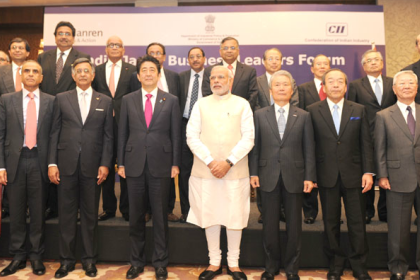 Courtesy: PM India
Courtesy: PM India
The reason for the two countries’ continued good relationship? They share strategic interests and universal values even if they have divergent ways of thinking
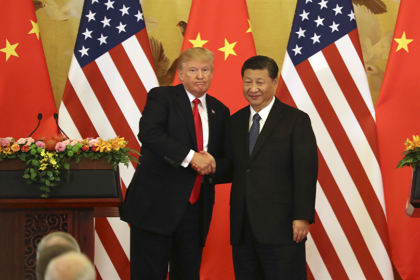 Courtesy: Sputnik News
Courtesy: Sputnik News
Speakers at the seventh Atlantic Dialogues, held in Morocco earlier this month, discussed what the challenge to western dominance and China’s expansionism meant for their political and economic future
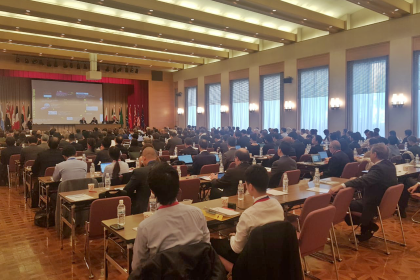 Courtesy: Gateway House
Courtesy: Gateway House
The Think20 Inception conference, held in Tokyo on December 4-5, 2018, kicked off the research process for 2019 for the leading think tanks from G20 countries that work on issues of global economic governance. The author participated in the conference as an observer.
 Courtesy: India Times
Courtesy: India Times
The recent opening of the Kartarpur corridor in Punjab and the release of a Canadian parliamentary report on the security breach during Prime Minister Justin Trudeau’s India visit are important developments. They present a good opportunity for New Delhi to step up cooperation with Ottawa on countering terrorism and violent extremism
 Courtesy: NTNU
Courtesy: NTNU
The emergence of the Fourth Industrial Revolution depends on the availability of rare- earth minerals, which occur extensively on the ocean floor of the Indo-Pacific. The technology to exploit this is available only to some countries currently: the global agreement on this must be fair and safeguard India’s future interests, says the author of this blog
 Courtesy: Washington Post
Courtesy: Washington Post
China’s large investments in Sri Lanka, Pakistan and the Maldives and the economic dependence this creates make it impervious to the internal political upheavals in these countries. This blog explores how it will retain its influence in Sri Lanka regardless of how the turmoil is resolved
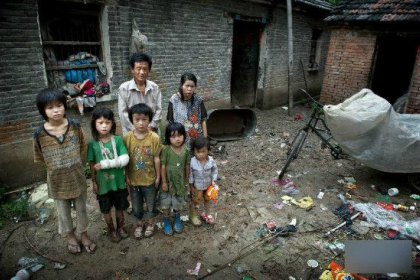 Courtesy: Fair Planet
Courtesy: Fair Planet
China recently celebrated 40 years since it began its successful poverty reduction effort, at a conference in Beijing. While lauding China's efforts, experts do recognise that different formulations work for different countries
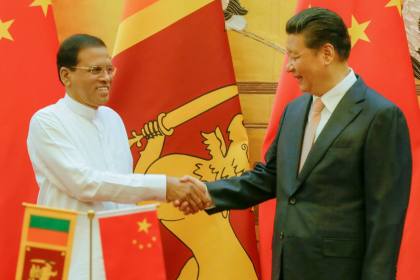 Courtesy: MEA Flickr
Courtesy: MEA Flickr
The current political unrest in Sri Lanka and coups in Maldives and Zimbabwe bear a Chinese imprint. China’s use of strong-arm tactics smacks of the very behaviour that it had earlier criticised in former colonial powers
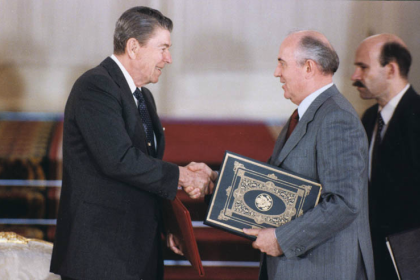 Courtesy: Wikimedia Commons
Courtesy: Wikimedia Commons
America’s withdrawal from a Cold War arms control agreement seems to be dictated by China’s development and deployment of thousands of short and medium range ballistic missiles.
 Courtesy: Indian Ocean Conference
Courtesy: Indian Ocean Conference
If India wants to become a serious Indo-Pacific player, it has to prioritise implementation of the SAGAR initiative, look beyond the Quad to partner with smaller littoral states and provide alternatives to China’s investment strategies. This was the message from the recent Indian Ocean Conference in Hanoi, Vietnam